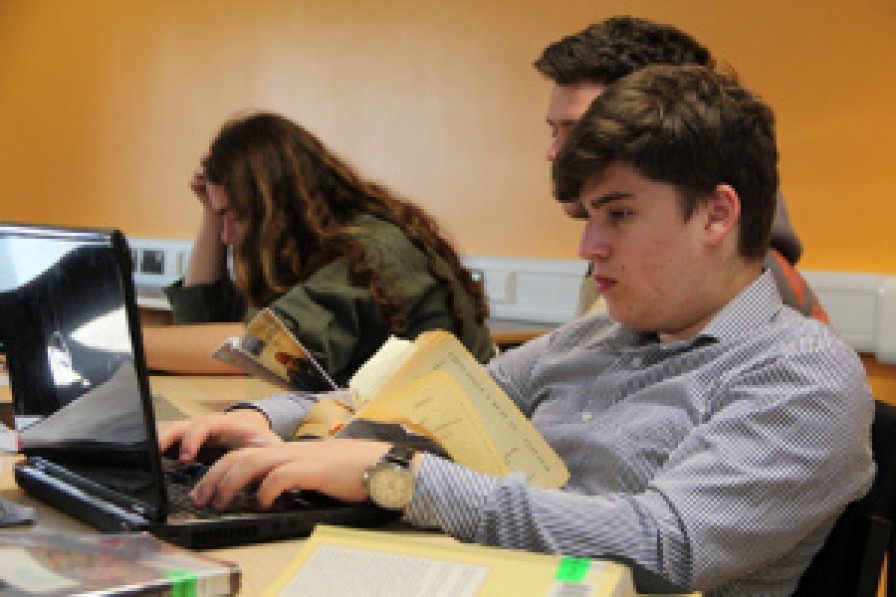A level music technology – no more tinkering, it’s time for an overhaul!

Following some recent discussions at the Music Education Council [MEC] Summer seminars in Leeds, I thought I would share some reflections.
They are to do with the proposed changes to teaching music technology at A level… Many students and teachers would agree with me that the present syllabus is uninspiring. The proposed revisions are possibly an improvement, but there is still an awful lot of talk about technology and not that much about music.
And, once again, Ofqual show that their priority concerns assessment, as opposed to content and musical activity. Their priority has always been that the specification:
can secure valid assessment, including reliability and manageability
So they are now proposing that 60% of the marks should now be assessed through examination – a huge increase. In other words it is more about what you know about music technology, rather than what you can do with it!
This all makes for dispiriting reading. So I compared this with another practical arts subject, in which technology can play a significant part – Art & Design. It was like stepping into a parallel universe. How much more fortunate are art students who work with a specification that includes:
Students are required to participate actively in their course of study, recognising and developing their own strengths in the subject and identifying and sustaining their own lines of enquiry.
They are encouraged to develop practical and theoretical knowledge and understanding of:
- relevant processes, technologies and resources
- how ideas, feelings and meanings can be conveyed and interpreted
- how arts relates to the time and place in which they were made and to their social and cultural contexts
- continuity and change in different genres, styles and traditions
- a working vocabulary and specialist terminology.
They analyse, discuss and evaluate; and make and record independent judgements. They use knowledge and understanding of the work of others to develop and extend thinking and inform own work Students can work entirely in digital media or entirely in non-digital media, or in a mixture of both. If we had a framework for music technology couched in these terms, I could get excited.
Somewhere in the consultation it says that this new music technology specification will prepare students for further study in colleges and universities. Is this really the case? Not so, according to Ambrose Field from the University of York:
‘… it is proposed that by making music technology more culturally relevant, avoiding dry technical skill teaching, and by demonstrating the musical achievements of young people currently working with technology, we can begin to rethink this subject area as a discipline in its own right.’
(Field, A. in Music Education with Digital Technology (eds) John Finney and Pamela Burnard, Continuum, 2010)
So, yes it needs an overhaul. Music students should be given similar opportunities to art students in the ways in which they work with technologies. And a new specification should refer to things such as mobile technologies, use of technology in live performance, Ableton and Max/MSP, Raspberry Pi, Gaming music, Warp Records, Radiohead, Aphex Twin and Paraorchestras and much, much more.
The consultation group should have included a much broader range of perspectives which, in turn, might have led to a more fundamental starting position. It should have included organisations such as Sound and Music and Drake Music. It should have included leading practitioners and teachers such as Phil Heeley, Tim Hallas, John Kelleher, Evangelos Himonides, Ambrose Field, Pam Burnard and others.
Music technology students are locked into working in a framework which is hopelessly out of kilter with the musical world in which they live their lives. Given how important music and technology are to so many young people you would have thought this should be one of THE most popular subjects to study. Instead, young people will continue to vote with their feet and the numbers taking it will remain pitifully small. Our students deserve better than this.
Further reading
These DfE/Ofqual documents are deeply hidden in respective websites. To save you the agony of fruitless web searches, I supply some links here:
These consultations invite you to tinker. Nothing more. There is no opportunity to radically overhaul the subject.
